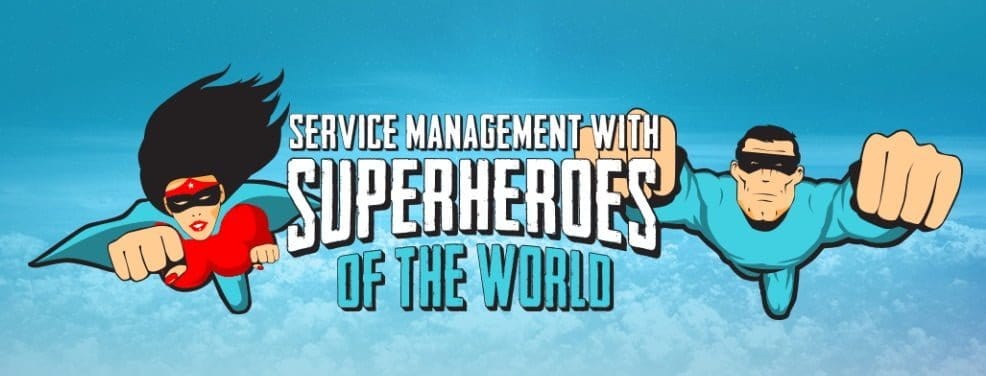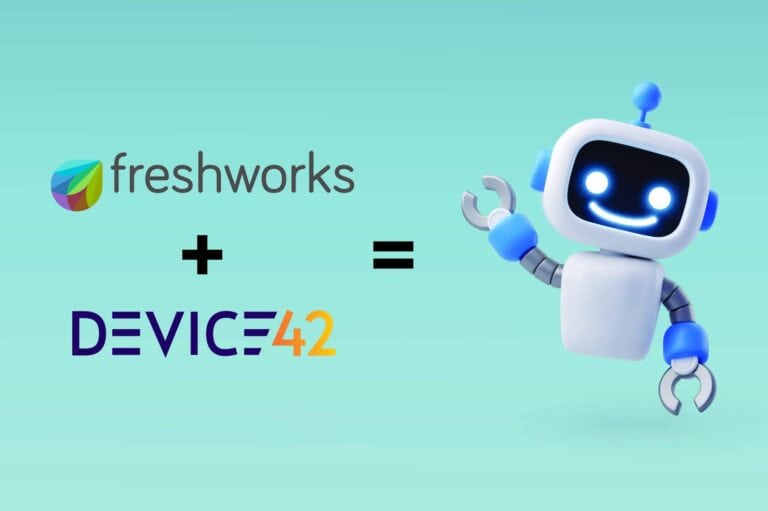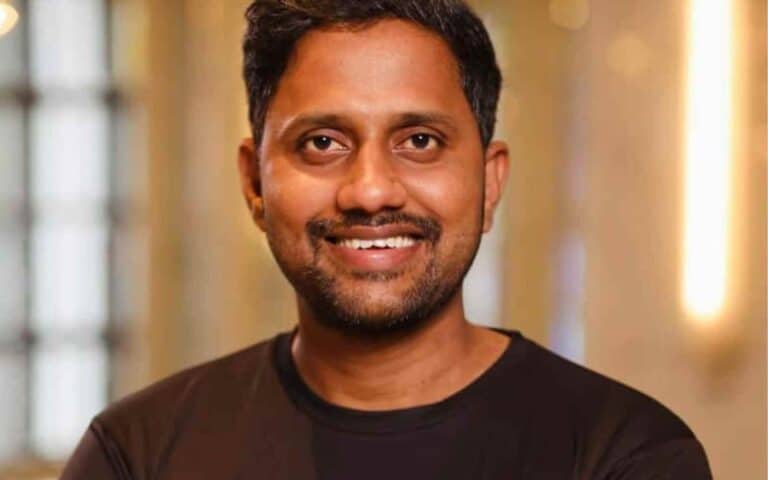The annual conference put together by itSMF Norway has a reputation for being something special, and the 2016 edition didn’t break the mould. Completely fitting with this year’s overarching theme of ‘superheroes’, Dr Geeta Sekhon, an Indian consultant to the United Nations on Human Trafficking, delivered a powerful keynote. She touched many a heart both by the moving content of her talk and by the way she engaged with participants during the conference. Hats off to the conference organizers for going out on a limb and confronting the participants with the broader societal context – it’s not often that you hear words such as “divine” and “destiny” at an ITSM conference.
Table of Contents
ToggleFollow that
The second keynote speaker, Charles Betz (Armstrong Process Group, USA), was confronted with the classic “follow that” challenge. With the audience still discreetly drying their eyes, he made a dignified transition from the societally significant to the more mundane concerns of the ITSM community. Charlie is one of our industry’s most rigorous thinkers and he gave an overview of the significance of Agile and DevOps for ITSM practitioners. As usual, Charlie challenged conventional mental models, encouraging the participants to take a different perspective. To take an example, he talked about how in many organization, project management is on the decline, in favour of investment in product management (including development). Product development requires radically different mental models, and Charlie gave a money back guarantee on his recommendation to buy one of Don Reinertsen’s seminal books on lean product development.
After the two plenary keynotes, attended by about 400 attendees, the conference changed to track-mode with about eight parallel sessions to choose from. What follows is my personal selection.
Sound affects
Simone Joe Moore (Australia/France) conducted a pre-conference workshop about how to use your voice more effectively. I learnt a lot about inflection, volume, clarity, intensity and paraphrasing and tried to apply it in my sessions. I’m very much looking forward to co-facilitating with her on a workshop about better business-IT behaviour in Edinburgh in June (IT500 Conference) and also at events in Krakow, Brisbane and Las Vegas if our proposals fit the bill.
Engineering > operations
John Wallhoff (management consultant at Scillani Information, Sweden), gave a cyber security crash course. In addition to the useful ‘security for dummies’ insights, he made the more generic point about engineering becoming more important than operations. Just as we started to speak about ‘everything as a service’ some years ago, watch out for ‘everything as code’: witness the developments in the DevOps community.
Intelligent disobedience
Ivor Macfarlane (Macfpartners, UK) once made himself immortal by stating “ITIL is a great place to start your thinking, and a terrible place to stop.” He wasn’t picking on ITIL in particular, because this applies to all frameworks that are ‘implemented’ with religious fervour. He spoke about empowering service desk staff by applying intelligent disobedience – in other words employing intelligent and trustworthy people and then treating them as such. It reminded me of DevOps thought-leader Gene Kim’s concept of ‘humane IT’ – making IT a better place to work.
ITIL and DevOps
Anthony Orr (Orr Research, USA) spoke about synergies between ITIL and DevOps and attracted a large crowd. He dispelled the myth that ITIL and DevOps in competition with each other. I wholeheartedly agree. ITIL ‘versus’ DevOps is a category mistake: it’s like comparing the Chicago Cubs to Manchester United. If you want to learn more about DevOps, read The Phoenix Project. If you want some experiential learning, take a look at GamingWorks’ promising business simulation of the same name.
Service-dominant thinking
Having had the pleasure of co-presenting with Christian Nissen (partner at Bluehat, Denmark) about complex adaptive systems and the Cynefin framework, I attended his talk about the challenges of using manufacturing methods such as Lean, DevOps and Kanban to manage IT services. Christian made a compelling case for embracing service-dominant thinking to counterpart the goods-dominant thinking that evolved during the industrial revolution. He recommended that the participants take a look at the Taking Service Forward initiative and Mark Burgess’ work on promise theory.
I also co-facilitated a roundtable discussion with Elina Pirjanti (Cognizant Technology Solutions, Finland/Switzerland), and we have written a summary of the findings of 15 consultants and practitioners, published as a separate blog post.
A series of interesting guesses
Suresh GP (TaUB Solutions, India) gave an energetic talk about how to win across cultures in your workplace. With many personal examples of misunderstandings, he left the audience with the message that multi-cultural collaboration is a “series of interesting guesses” and that an open mind is essential. Despite the concept of Indian Stretchable Time (IST), he started and finished on time.
We don’t need another hero
Stuart Rance (Optimal Service Management, UK) had the honour of delivering the closing keynote. His talk ‘Unhappy is the land that needs a hero’ made the point that heroes are symptoms of organization not having IT under control. He made four solid suggestions: manage technical debt; design antifragile systems; encourage collaboration; and reward teams (as opposed to individuals). If you want to learn more about antifragility, read Jez Humble’s summary of Nassim Taleb’s book. If you don’t have time for that, this is the meta-summary: “Fragile wants tranquillity; Antifragile grows from disorder; Robust doesn’t care too much”.
Stuart paid me a great compliment by saying that my All Things ITSM blogs make him think. I certainly enjoy writing them.
Pale, stale and male
A final and more sobering note to sum up another excellent Norwegian conference. Stuart and I often talk about the prevalence of ITSM conferences that are pale, stale and male. The female/male ratio was better than most in Norway but still pretty dismal at maybe 20%. This is more a reflection on our industry than the conference in particular, but it’s good to remind ourselves of the imbalance. The audience is getting younger, so that’s encouraging, but the lack of ethnic diversity is downright abominable. And that’s just addressing the pale, stale and male issues. So let’s not only be more aware of societal human trafficking issues but also diversity at work, and do our best to make IT a better place. Closing the circle, as Geeta said, it’s everybody’s business: you may be just one person in this world, but to another individual, you can make a world of difference.




